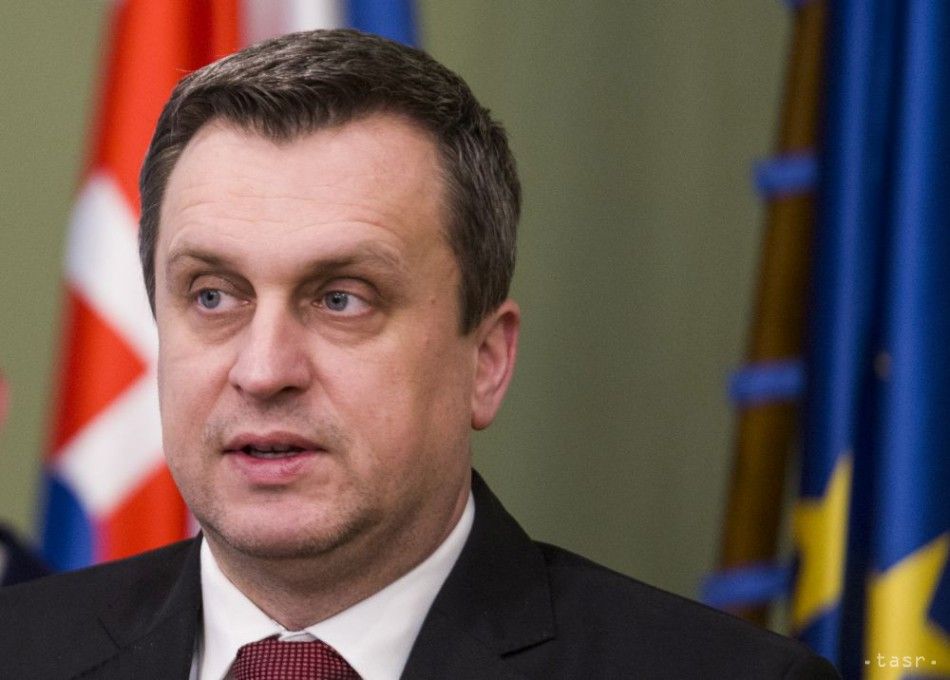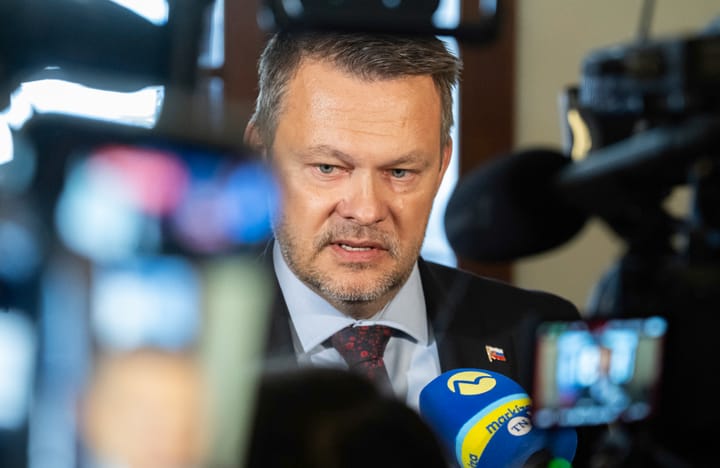Danko: Switching Between Winter and Daylight Saving Time Has Its Meaning

Bratislava, October 22 (TASR) – It’s definitely better to get up when it’s light and enjoy the daylight as long as possible and, on the other hand, to go to sleep sooner when the dark is longer, Parliamentary Chairman and Slovak National Party (SNS) leader Andrej Danko has posted on a social network, adding that switching the time from winter (standard) to a daylight saving time has its meaning.
“We live in such a geographic zone when the length of day and night, meaning light and dark, changes along with the winter and summer periods,” stated Danko.
It would be optimal if the winter time is permanently applied in Slovakia, stated the Labour, Social Affairs and the Family Ministry in a reaction to the draft EU directive ending the time changes in the EU. “Due to negative effects on people’s health, we recommend scrapping the time change and fixing the so-called winter time that was followed in our latitudes for a long time and that respects the physiology of the population in our territory,” stated the ministry in a document it has submitted for interdepartmental review.
In line with this draft directive, Slovakia would make the last seasonal time change on Sunday, October 27, 2019. However, the Labour Ministry believes it would be better to delay the effect of the draft directive. It pointed to the need for a period to adjust information systems and other equipment that have been programmed under the directive’s current wording until 2021.
The Slovak Republic in its position stresses a need to apply a single time mode in some EU countries, at least in neighbouring countries in the Central-European region. “From the viewpoint of the internal market, it’s important that individual states do not set whether they will use winter or daylight saving time on their own and differently,” underlined the ministry. The draft directive currently leaves it up to individual states to choose what time mode they will observe. According to the Slovak Labour Ministry, this might lead to even bigger fragmentation of time zones within the EU and damage the internal market.



